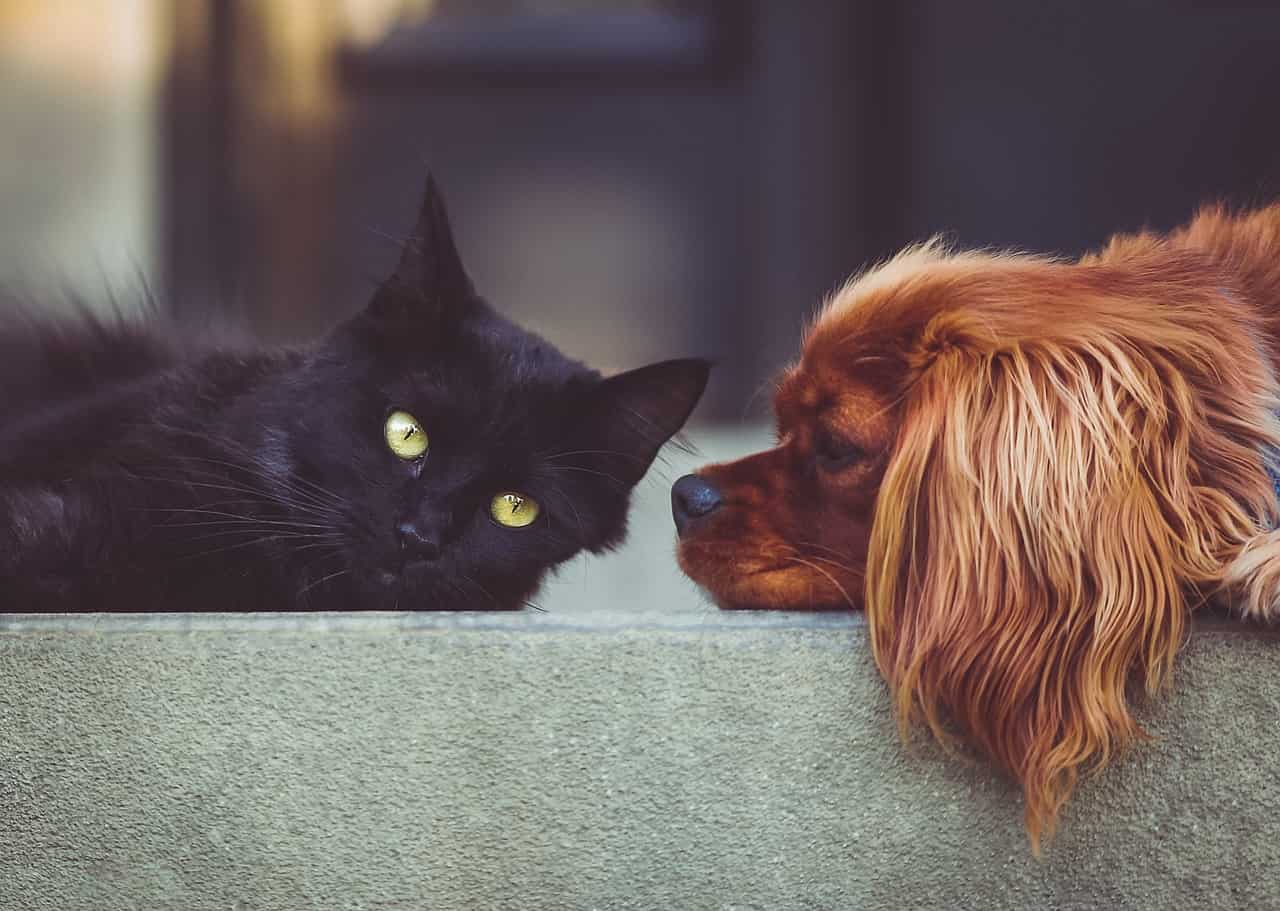Your cat’s intestinal health can affect many other aspects of his health and well-being. Diet and supplements can help restore and maintain the balance between “good” and “bad” gut bacteria.
An imbalance in your cat’s gut bacteria can affect her digestive health, immune system’s ability to fight infection, and much more. We recommend that you work with your veterinarian to identify the cause(s) of the imbalance. They can also help you choose the right food and supplements to restore balance and preserve your cat’s microbiome.
What is the microbiome?
A microbiome is the combined genetic material of all the organisms present in a specific area of the body. For example, a cat’s skin has its microbiome. The same is true of a cat’s mouth. However, the digestive tract is the most critical microbiome for your cat’s health.
The cat’s digestive microbiome is filled with hundreds of single-celled organisms, including microbes and bacteria. They help digest food, fight harmful pathogens in the body, influence inflammation and even play a role in communication between the digestive tract and the brain.
The ever-changing microbiome is a diverse ecosystem that can become imbalanced in various ways. An imbalance of gut bacteria is called dysbiosis, which can lead to a wide range of health problems. These health problems can include decreased immune function, inhibiting the body’s ability to produce specific vitamins, allergic reactions, obesity, cognitive issues, etc.
How can I help my cat maintain a healthy gut?
Genetics, environment, and medications play an essential role in shaping the microbiome of your cat’s digestive system. Diet can also greatly influence his digestive health. The gut microbiome can change rapidly with diet. Therefore, choosing a diet that meets your cat’s unique needs is essential.
It is always essential to consult your veterinarian when changing your cat’s food. Ask about the best formulas for intestinal health, especially cat foods containing probiotics and prebiotics. See what they suggest and adjust accordingly.
The benefits of probiotics for cats
Probiotics are live bacteria and yeasts that help your cat’s digestive system function properly. They support the gut’s ability to produce vitamins and short-chain fatty acids, contributing to overall immune function. Probiotics also help the immune system fight potentially harmful bacteria in the stomach.
They can help balance the “good” and “bad” bacteria in the gut to maintain proper function. Probiotics can also help restore balance to the digestive tract when medications, stress, or illness cause dysbiosis.
Probiotics are often found in foods such as yogurt. However, probiotics intended for humans may not be safe or effective for cats. It is essential to consult your veterinarian before giving your cat any probiotic food or supplement. Your veterinarian can recommend a probiotic supplement that is safe for your cat.
Benefits of probiotics for cats
Prebiotics are non-digestible dietary plant fibers that stimulate the growth or activity of beneficial bacteria in the gut. They provide a food source for the “good” bacteria in the lower digestive tract.
You can also find probiotics in many human food sources, but again, it is essential to check with your veterinarian about what is best for your cat.
Talk to your veterinarian.
Talk to your veterinarian about your cat’s digestive or general health concerns. They can evaluate your cat and tell you if a food formulated with prebiotics or probiotics may help.
Whenever you change foods, do so over several days to avoid digestive discomfort and give your cat time to adjust.










